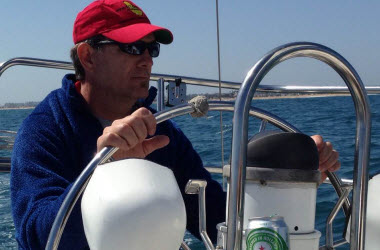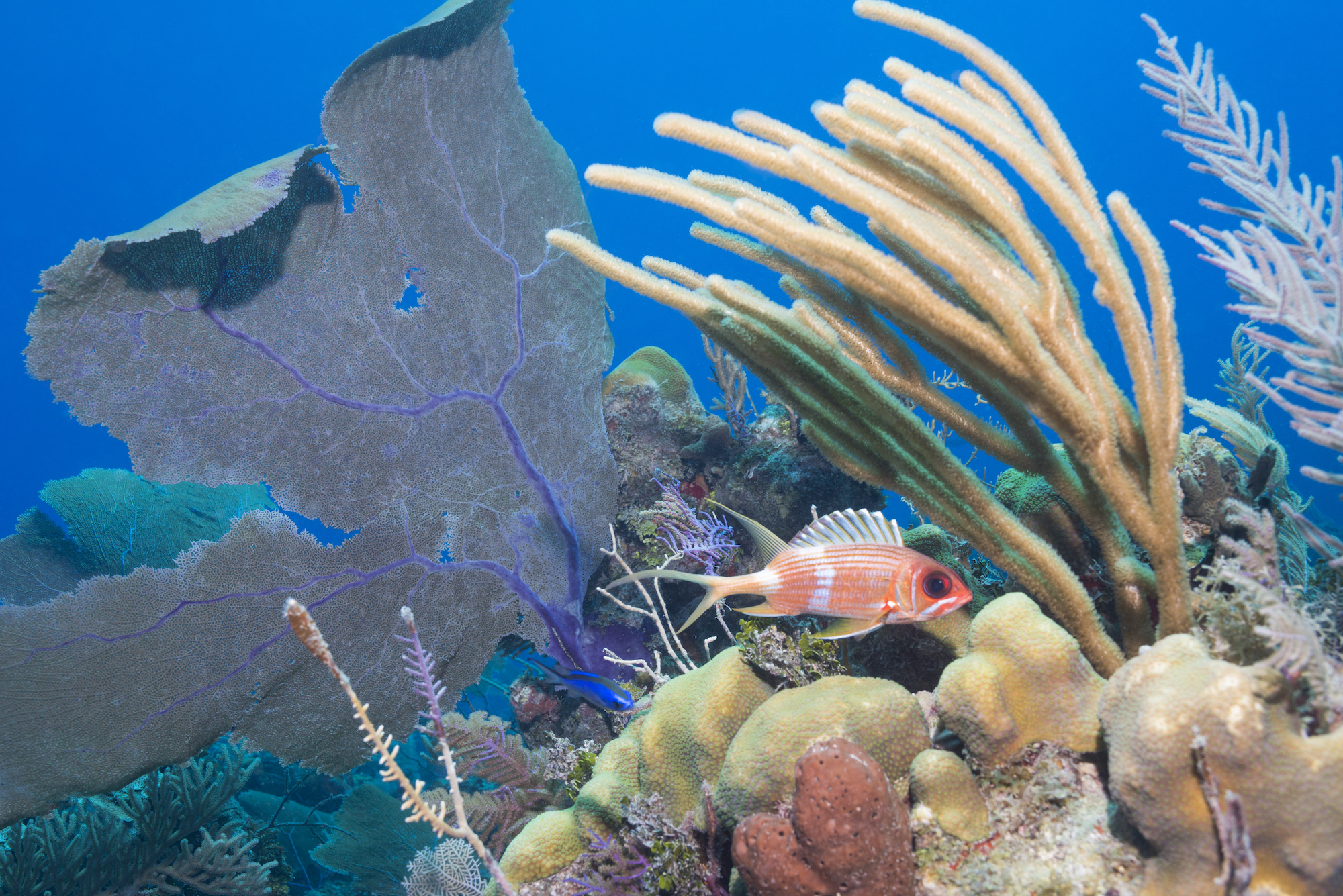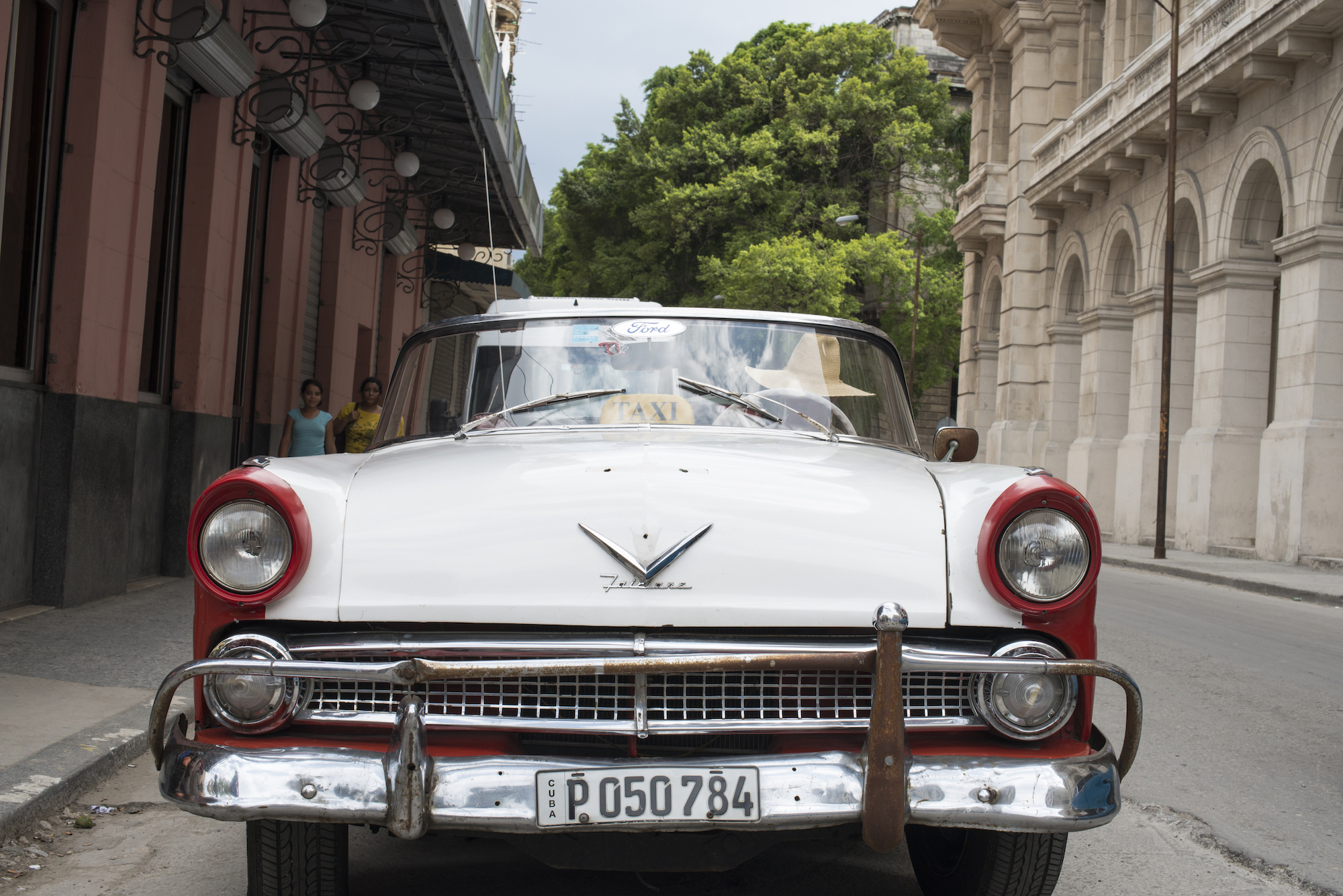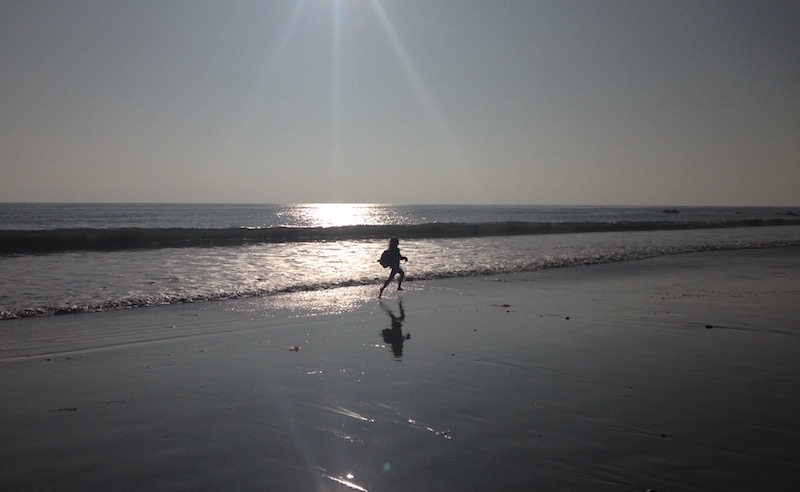August 09, 2016
I grew up on Lake Michigan. Our lives revolved around the water – swimming, sailing, and waterskiing. We listened to the Beach Boys and wore Vans. That first beer, that first kiss – it all took place at the beach. Looking back I can see how fortunate I was to have grown up in such a wonderful part of the country, but at the time I took it for granted.
As my friends and I graduated from college and scattered to the winds, we realized that we all had a special bond with the water. I thought for years that that feeling was exclusive to anyone that grew up on the water like I did, but all that self-importance was dashed when I read “Blue Mind” by Wallace J. Nichols.  The basic premise of the book is that being near the water can make you happier, healthier, more connected, and better at what you do. So, as it turns out, EVERYONE loves going to the ocean!
The basic premise of the book is that being near the water can make you happier, healthier, more connected, and better at what you do. So, as it turns out, EVERYONE loves going to the ocean!
One of the challenges of ocean conservation is that it’s often an “out of sight, out of mind” thing. Even if you love the ocean, when you stand on the beach and look out at the water, you rarely see the pollution from plastics. You rarely see the coral bleaching. You rarely see the depleted fish stocks and the species that are going extinct. And if you live in a landlocked state like Kansas, or Kentucky, or even Colorado, the concept becomes even more abstract.
I was in Hawaii last year with my family, and we spent a number of days snorkeling. It’s always amazing to me (after 30+ years of snorkeling and scuba diving) how much life there is a mere 5-10 feet below the surface of the water. Our kids were screaming into their snorkels with excitement as green sea turtles and all kinds of fish swam inches away from us – and our kids are all college age or older!
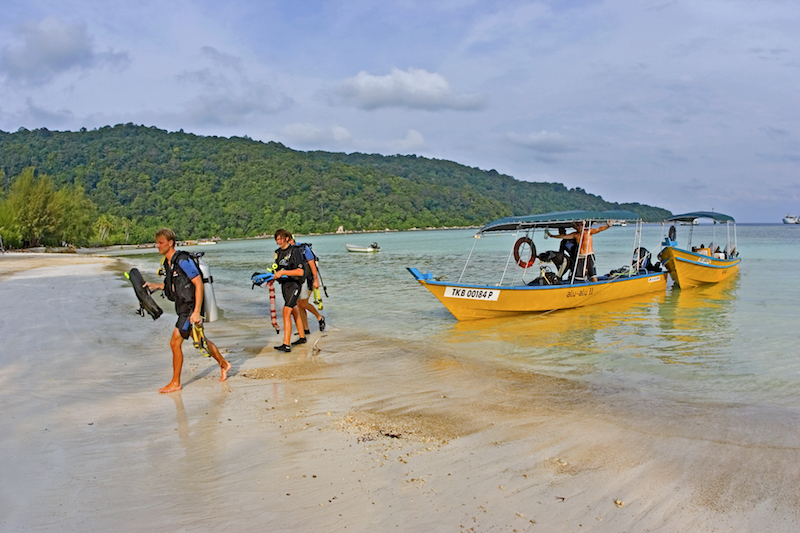
If I had one wish, I would take everyone in the world snorkeling. Maybe then people would think about the ocean once in awhile, and be more aware of the incredible damage we’re doing to our planet.
Elon Musk, the CEO of Tesla and SpaceX, was asked once why one of their rockets blew up after launch. He offered one of the greatest understatements of all time. He simply said, “Rockets are hard.” Saving the oceans is hard. Science is hard. It requires proactive behavior - reading, listening, forming an opinion, and then acting on it.
We live in a society where people aren’t always proactive. It’s easier to plop down in a chair and turn on the TV instead. Our goal at Ocean First Education is to take that stand – on behalf of the oceans – and inspire the next generation of explorers and scientists. My kids. Your kids. Our grandkids. So join us! Read. Listen. Form an opinion. Act on it. And then put on some Beach Boys and go snorkeling!

